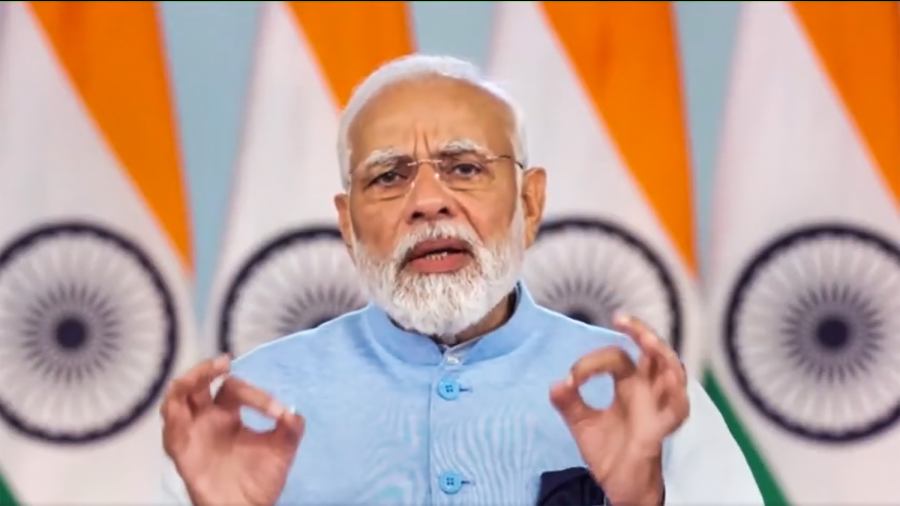As foreign ministers of the G20 group of major economies gathered in New Delhi last week, it was hard to escape a sense of déjà vu. Their two-day meeting ended without a joint statement, their divisions over the war in Ukraine proving insurmountable even for seasoned diplomats to work around, just as had happened the previous week when G20 finance ministers had met in Bengaluru. The prime minister, Narendra Modi, referred to the crisis of multilateralism in his address to the foreign ministers. It was an assessment that Antony Blinken, the secretary of state of the United States of America, agreed with at a press conference, though he added that diplomacy allowed for workarounds. Yet, behind the big words and semantics lie some inescapable truths. Multilateralism in international relations has been broken for at least two decades now, since the US invaded Iraq this month in 2003. That breakdown affects smaller and weaker nations — not the big powers responsible for its demise in the first place. And, yet, such platforms still have a use in international relations, as the G20 meeting of foreign ministers in New Delhi showed.
On the margins of that conclave, Mr Blinken met his Russian counterpart, Sergey Lavrov, for the first time since the Kremlin’s forces launched a full-fledged invasion of Ukraine in February 2022. At a time when neither Moscow nor the West-backed government in Kyiv is showing any inclination to move towards peace negotiations, this much-needed contact between the top diplomats of the world’s biggest nuclear powers is an example of what multilateral events can offer. Governments that cannot, for domestic political reasons, be seen to be engaging with each other can use such occasions to exchange important messages and signals. That, however, does not minimise the impact of failed multilateral efforts. Whether it is climate change or the threat of chemical and nuclear weapons, vulnerable small nations can only have their voices heard through collective mechanisms. When those collapse, so does even the semblance of any rules governing the world order. Mr Modi’s grouse is one that India has repeated for years as it has sought reforms to multilateral institutions. It is also one that big powers have only paid lip service to. Instead of searching for ways around roadblocks to multilateral success, Mr Blinken and Mr Lavrov could do something simpler. They could lift them and restore trust in multilateralism.










